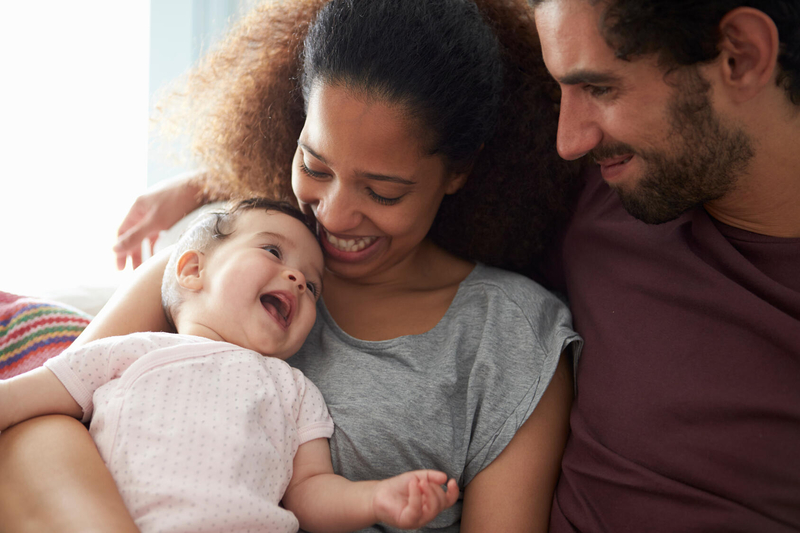Understanding the Roots of Childhood Stress
Children, just like adults, experience stress. However, their coping mechanisms are often less developed, leaving them vulnerable to overwhelm. School pressures, social anxieties, family dynamics, and even seemingly minor daily events can contribute to a child’s stress levels. Understanding these stressors is the first step in fostering a calmer, happier environment for them.
The Power of Mindful Presence
Mindful parenting centers around being fully present with your child. It’s about putting down your phone, silencing internal distractions, and truly engaging with them in the moment. This doesn’t mean constantly entertaining them; instead, it’s about actively listening, observing their body language, and responding with empathy and understanding. This presence creates a secure base from which they can explore their emotions and the world around them.

Mindful Communication: Listening and Responding
Effective communication is vital. Mindful communication involves truly listening to your child without interrupting or judging. Try to understand their perspective, even if you don’t agree. Responding with empathy, rather than immediate solutions, allows them to feel heard and validated. For example, instead of saying “Don’t cry,” try “I see you’re upset; can you tell me what’s wrong?”
Managing Your Own Emotions: Modeling Calmness
Children are incredibly perceptive and learn by observing their parents’ behavior. If you’re constantly stressed or reacting emotionally, your child will likely mirror those behaviors. Practicing mindfulness techniques yourself, such as deep breathing exercises or meditation, can help you manage your own emotions and model calm behavior for your children. This creates a ripple effect of peace throughout the family.
Incorporating Mindfulness Practices into Daily Life
Mindfulness doesn’t require hours of meditation retreats; it can be integrated into everyday routines. Start with small, manageable practices like mindful eating, where you focus on the taste, texture, and smell of your food. Engage in mindful walks, noticing the details of your surroundings. Even short moments of quiet reflection throughout the day can cultivate a sense of calm.
Teaching Children Mindfulness Techniques
Mindfulness isn’t just for parents; it’s a valuable skill to teach children. Introduce simple breathing exercises, like counting breaths or focusing on the sensation of their breath entering and leaving their body. Mindful activities, such as coloring or playing with playdough, can help them focus on the present moment. Reading stories about mindfulness can also be a fun and engaging way to introduce the concept.
Creating a Peaceful Home Environment
The home environment plays a crucial role in a child’s well-being. Creating a calm and organized space can reduce stress and promote relaxation. Consider incorporating elements of nature, such as plants or natural light, to create a peaceful atmosphere. Establish consistent routines and predictable schedules to provide a sense of security and reduce anxiety.
The Importance of Self-Care for Parents
Mindful parenting isn’t about perfection; it’s about striving for progress. It’s crucial for parents to prioritize their own self-care. This means making time for activities that rejuvenate and replenish you, whether it’s exercising, spending time in nature, pursuing hobbies, or simply taking a quiet moment for yourself. Taking care of your own well-being allows you to be a more present and effective parent.
Celebrating Small Victories and Embracing Imperfection
Raising mindful children is a journey, not a destination. There will be challenges, setbacks, and moments when you feel overwhelmed. Celebrate the small victories, acknowledge your imperfections, and remember that progress, not perfection, is the key. Be patient with yourself and your child, and enjoy the process of cultivating a calmer, happier family life.
The Long-Term Benefits of Mindful Parenting
The benefits of mindful parenting extend far beyond childhood. Children who grow up in a mindful environment develop stronger emotional regulation skills, improved self-awareness, and enhanced resilience. They are better equipped to handle stress, build healthy relationships, and navigate the challenges of life with greater ease and confidence. The investment in mindful parenting yields significant long-term rewards for both parents and children. Read also about mindful parenting classes.
